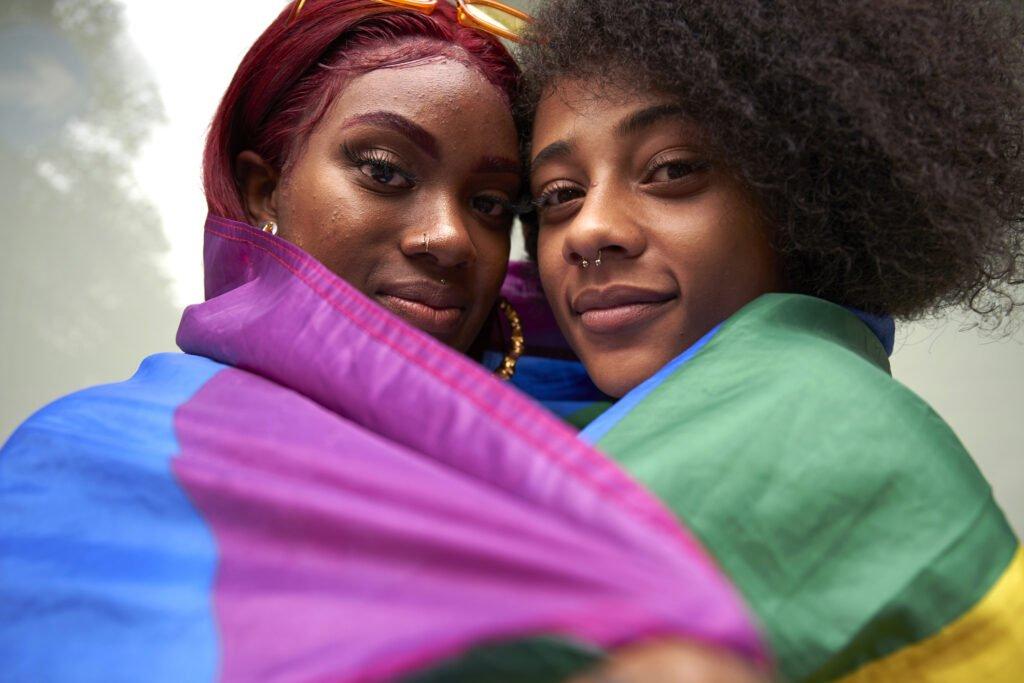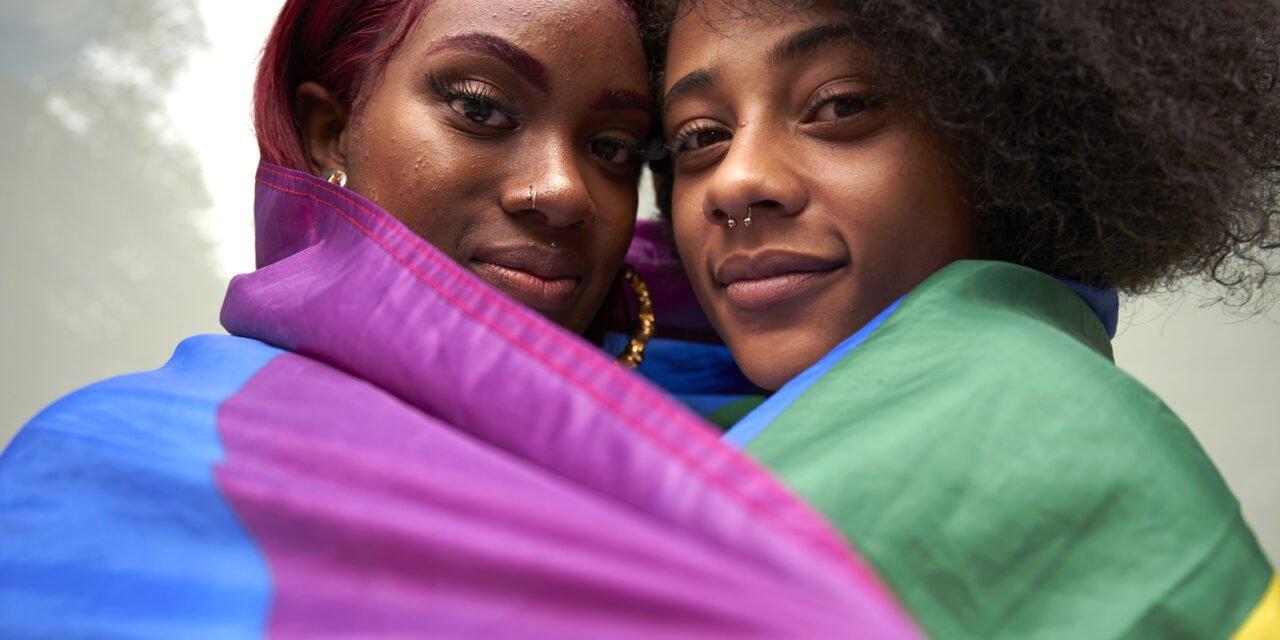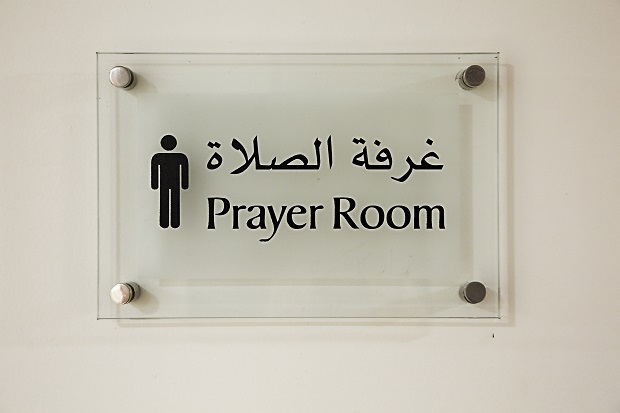
It was my honor and pleasure in recent weeks to join colleagues and our contributing writers in reflecting on the question: What does Pride mean to you today? As I imagined this series, I considered the ways that my answer to this question has shifted over time, how that has related to other cultural changes and political developments, and how it has been anything but linear. My colleague Sarah Rimmel and I also discussed this topic on a recent episode of The Inclusion Solution LIVE podcast.
Closing out June, The Winters Group held a public Virtual Learning Lab and panel on the topic of Pride for Past, Present, and the Future. In framing up the panel event, we were intentional to note that Pride is not a month, but a concept rooted deeply in history and resistance to unjust systems — as well as the vision of a future that is more just and equitable.
Consider the following facts highlighted at the start of our event:
- In 1952, The American Psychiatric Association (APA) listed homosexuality as a “sociopathic disturbance” in its diagnostic manual. It was not until 1975 that it was removed. In 2013, the pathologizing language of “Gender Identity Disorder” was replaced with “Gender Dysphoria” in the APA’s Diagnostic and Statistical Manual of Mental Disorders, Fifth Edition.
- Though some would only be in their 70s, most involved in the Stonewall rebellion of 1969 are no longer alive today, in part due to immense losses suffered to the community during the AIDS epidemic.
- In 1981, AIDS was first used to refer to a disease that had killed 1,000 people. Before this, it was commonly referred to as “gay related immune deficiency,” or even “gay syndrome” and “gay plague.” Notably, each of these terms incorrectly attributed the disease to sexual orientation — taking the approach of othering a marginalized community at the expense of truth and public safety. During this era, as even some medical professionals refused to engage with and treat patients, lesbian communities played a pivotal role in supporting patients in need.
- After AIDS was first named by the CDC in September 1982, it was not until three years later that President Ronald Reagan first mentioned it publicly. By this time, 13,000 people had died. The first time the topic was raised in a White House press conference, members of the Reagan administration can be heard laughing and joking in response.
- “Homosexuality” was not decriminalized in Texas until 2003 with the Supreme Court’s decision in Lawrence v. Texas.
- According to 2023 research from GLAAD, Only 45% of non-LGBTQ Americans feel they understand dimensions of the LGBTQ community or how to describe individuals within it. Sixty-six percent believe the false claim that the LGBTQ community is one group with similar needs and issues.
- So called “conversion therapy” has been proven ineffectual and harmful, but continues to occur with minors especially vulnerable. It remains entirely legal in 19 U.S. states.
- An estimated 1-2% of the population is born intersex — with traits that do not fit binary notions of “male” and “female.” Stigma and lack of awareness among the medical community often results in unnecessary and harmful medical interventions.
- Over 28% of Generation Z identifies as LGBTQ+.
As we close out our series, I invite you to reflect on the following.
- How much of this information was new to you?
- What does it tell us about injustices and how they are understood, or misunderstood?
- What similarities do you notice between the past and recent history or the present?
- What role does the media we consume play in our understanding of communities we do not belong to?
- Do you see positive representations of queer people in media you consume? Does it include representation of those who exist along different intersections of identity? (Black and Brown, disabled, trans and nonbinary, fat, etc.?)
- What can you do to reject harmful and untrue narratives at the individual, interpersonal, organizational, or systems level?
Thank you for following along and committing to a more inclusive world. Stay tuned for a new feature series beginning Thursday, July 25: Power to the People! In this series, we invite writers from historically marginalized backgrounds and their allies to share personal stories and resources for advocating for issues and policies that are important to them.
Additional Education Resources:
- The Souls of Queer Folk: How Understanding LGBTQ+ Culture Can Transform Your Leadership Practice by Dr. Joel A Davis Brown
- Phluid Founder Rob Smith joined us on our podcast to discuss gender fluidity and challenging boundaries for a brighter future in conversation with Leigh Morrison
- “Educators Must Say No to Racism and Anti-LGBTQ+ Legislation” by Stevey Jones for The Inclusion Solution
- “A Different Kind of Superpower: What It Means to Be Intersex” TEDx Talk by Susannah Temko
- “The What’s Underneath Project” with Alok Vaid-Menon
- Unsolicited: Fatties Talk Back podcast, whose hosts include Da’Shaun Harrison, a trans theorist, Southern-born and bred abolitionist, and author of Belly of the Beast: The Politics of Anti-Fatness as Anti-Blackness, which won the 2022 Lambda Literary Award for Transgender Nonfiction
- TransLash Podcast with Imara Jones
- Outstanding: A Comedy Revolution on Netflix — explores LGBTQIA+ comedy from the past and present
- The Stroll on Max – documentary about Black trans sex workers in New York in the ’80s and ’90s
- Disclosure on Netflix – about public perception of trans people and how it has been influenced by media we consume
If you are interested in TV shows featuring authentic queer characters and stories, consider:
- Sort Of: A nonbinary Pakistani-Canadian nanny navigates love, family, and career
- A League of Their Own: When women’s baseball leagues come into being during World War 2, Black and white women encounter distinct biases and barriers as their stories are woven together
- Our Flag Means Death: A crew of queer pirates navigates the seas through heartbreak and hilarity
- Pose: Black and Latine queer communities in 1980s New York navigate the AIDS epidemic and other systemic barriers through chosen family and the art of drag
- Gentleman Jack: Comedy based on a true story, chronicles the life of Anne Lister, a queer, boundary-breaking businessperson in 1830s Halifax, England



















